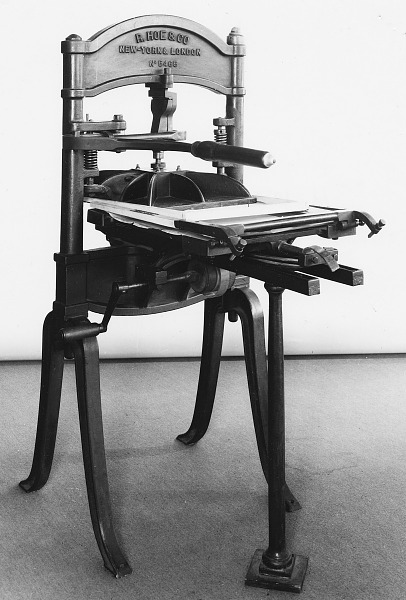On the heels of a monumental national election in which Americans decidedly voted to seize back their government and force it to be accountable to the citizenry, someone in the Kansas legislature has decided it’s another perfect time to try to pull the wool over the eyes of Sunflower State residents by restricting our advance notice when government plans to do something to us.
In truth the bill before the Kansas House Local Government Committee which would allow local cities, counties and school districts to tuck their legally mandated Public Notices away on their own websites rather than pay the local newspaper to print them is probably as much about cutting the throat of the state’s starving but still pesky newspaper industry as it is an attempt to obscure governmental transparency. Either way, if such a cloak-and-dagger measure ever passes the legislature, it will be the public that gets screwed the worst in the long run.
CITY PULLS LEGAL NOTICES AMID BEEF WITH PAPER
Let’s take a revealing quiz; how many of you turned off Facebook or Netflix long enough today to cruise the summary ordinances posted on your city website? Is it part of your daily or weekly routine? How many of you logged on to your county’s site to find the deadline for filing to run for school board or city council this year? How many of you have ever even seen your city or county website?
And maybe you think those notices, with their legal jargon and their court case numbers and their deadlines and their foreclosure announcements and their protest periods aren’t really all that important after all. You probably will become a believer when someone wants to build a hog farm south of your house or a wind farm across your fence and your heads up came too late, because the zoning change proposal was buried somewhere in a never-accessed link on your county’s website.

Truth be told, public officials who understand their jobs and their obligation to be open with their citizenry about government actions already know active publication of those notices in the local newspaper makes the most sense. Indeed, it gives them the best defense against the ire that sometimes follows crucial government decisions and actions. Good elected officials and bureaucrats know the best way to CYA is to make sure the people who hold sway over your job are well informed, often and early.
Not only that, but newspaper publication of some of those notices is an important revenue driver for government – look at the threat issued each summer by the county to expose property owners who aren’t paying their property taxes in the annual delinquent tax list published every August, as well as publication of the list of properties to be sold at periodic tax sales. County officials broadly admit how effective that pressure tactic is – and what’s even better is that the government collects a publication fee from late-paying property owners and foreclosed property buyers to offset those advertising costs when they do in fact eventually pay those past due amounts.

Some governments resent paying any money to newspapers because newspapers that are doing their jobs sometimes report negative news about local government. Those public officials would be just as happy if their local newspaper starved to death and withered on the vine – that would make their lives much easier, or so they believe. They’re not about to switch the county’s road department over to electric road graders or replace the city municipal court with an Artificial Intelligence vending machine that dispenses rulings– but an unworkable, ineffective method of advising the public of government actions is just fine with them.
To understand the true scope of the financial impact these paid notices have on your city or county or school district budget – take the amount they spend on public notice advertising each year and calculate the percentage it reflects of their total budget. At a tiny portion of 1 percent, it may be the most cost effective thing your local government does.
In Kansas, the argument is moot anyway, but that doesn’t keep some legislator with his or her nose out of joint about newspapers from introducing a bill to end those notices every year under the guise of saving local governments money placing their notices online. Newspapers in the state already place all their public notices online for free at no extra charge – at their own expense, mind you (you can see all the public notices for every county in Kansas at www.kansaspublicnotices.com and on the menu above on this page), and it’s done without adding the respoinsibility to some employee already working at city hall or worse, having to hire or pay a new employee extra to do the job.
Notices published the old fashioned way – ink pressed into paper – can’t be jimmied with later; they can’t be buried in a digital abyss, they can’t be hacked, they can’t be accidentally deleted or edited later outside of the venue in which they were originally voted on and approved. That’s perhaps the biggest advantage of traditional publishing – once it’s in print, it stays there. That’s a benefit the digital world will never provide.
There are good ideas in government and bad ones. Selling Kansans a pig in poke under the guise of saving a tiny fraction of government funds while restricting the public’s access to important information – that’s always a bad idea.
Dane Hicks is a graduate of the University of Missouri School of Journalism and the United States Marine Corps Officer Candidate School at Quantico, VA. He is the author of novels "The Skinning Tree" and "A Whisper For Help." As publisher of the Anderson County Review in Garnett, KS., he is a recipient of the Kansas Press Association's Boyd Community Service Award as well as more than 60 awards for excellence in news, editorial and photography.





